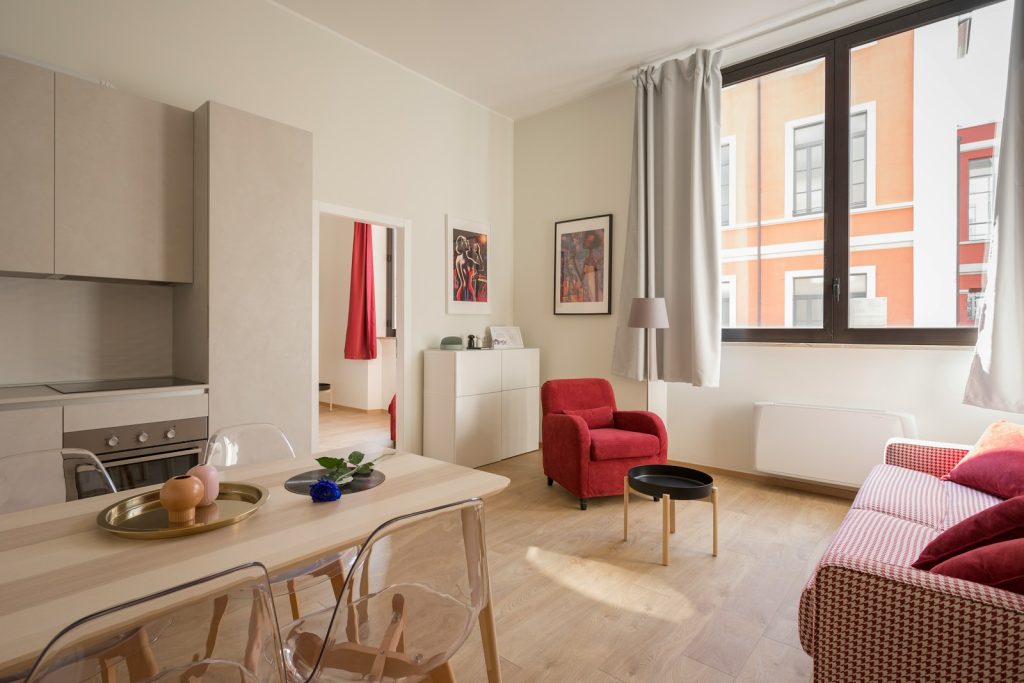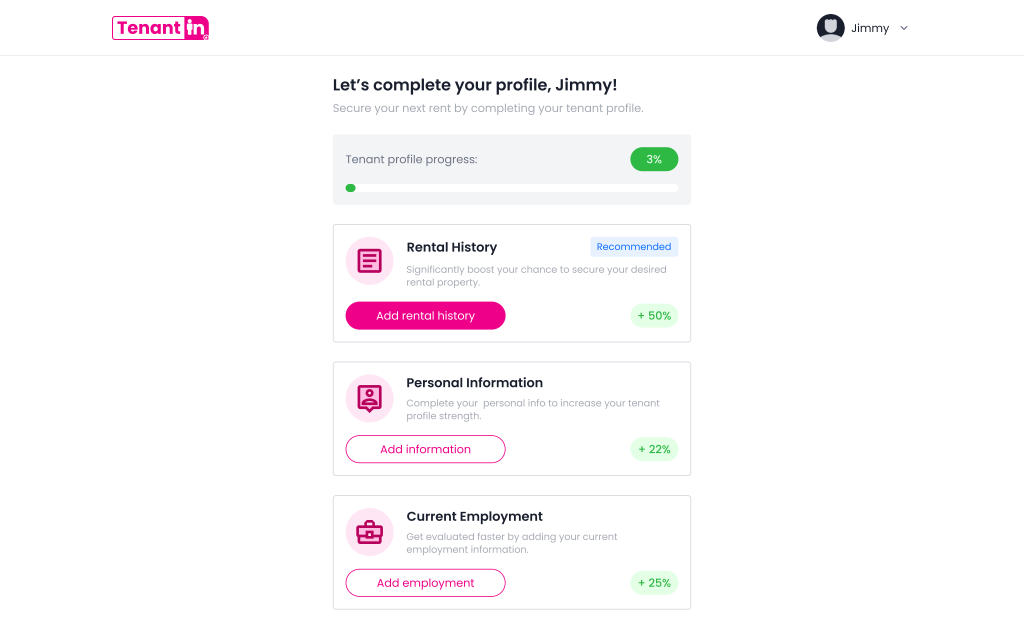Sharing an apartment can be a great way to cut down on living expenses while enjoying the company of others. However, if you rush into it without careful consideration, you may find yourself dealing with financial strain, uncomfortable living situations, or even disputes with your housemates. If you’re in the process of finding a shared apartment, avoid these costly mistakes to ensure a smooth and stress-free experience.
1. Not Researching the Area Properly
Location is everything when it comes to renting a shared apartment. Many tenants focus solely on rent prices without considering the surrounding area. While an apartment may seem like a great deal, an inconvenient or unsafe neighbourhood could lead to regrets. Researching factors such as public transport accessibility, local amenities, crime rates, and proximity to work or university can help you avoid unnecessary stress.
Using platforms like Tenantin.ie can be incredibly helpful in finding an apartment that meets your needs. It allows you to create a rental resume that showcases your reliability as a tenant, making it easier to secure a place in competitive rental markets.
2. Skipping the Viewing

Photos can be deceiving. Many renters make the mistake of committing to a shared apartment without actually seeing it in person. Issues like poor maintenance, noise levels, or even an awkward room layout are hard to gauge from online listings alone. Always schedule a viewing before making any agreements, and take the opportunity to check water pressure, heating, and any potential damages that could lead to future disputes.
3. Ignoring Compatibility with Housemates
Moving into a shared apartment means you’ll be living in close proximity with others. While affordability may be your top priority, it’s essential to ensure you’re compatible with your potential housemates. Differences in lifestyle, cleanliness, and daily routines can quickly turn into sources of conflict. Have an open discussion with your prospective roommates about expectations regarding chores, bills, guests, and noise levels before signing the lease.
4. Overlooking the Rental Agreement

A common mistake many renters make is not thoroughly reviewing the rental agreement. This document outlines critical terms such as rent amount, due dates, maintenance responsibilities, and deposit conditions. Overlooking these details could result in unexpected financial burdens or even legal disputes. Before signing, ensure you fully understand the terms, and don’t hesitate to ask the landlord or letting agent for clarification.
5. Failing to Budget Beyond Rent
Rent is just one part of your monthly expenses. Utility bills, internet, groceries, transport, and shared household costs can quickly add up. Underestimating these additional costs can strain your finances and lead to disagreements with housemates. Before moving in, agree on how shared expenses will be split to avoid conflicts later on.
6. Not Preparing a Rental Resume

In a competitive rental market, standing out as a potential tenant is crucial. A rental resume helps you present yourself as a reliable and responsible renter. Platforms like Tenantin.ie allow you to create a professional rental profile that includes references, employment details, and rental history. Landlords and existing tenants are more likely to choose someone with a strong rental resume over an applicant with no background information.
7. Overcommitting to a Lease
Signing a long-term lease without considering future plans can be a costly mistake. Life circumstances change, whether it’s a new job, a change in financial situation, or a need to relocate. If you’re uncertain about staying in one place for an extended period, look for flexible lease options or agreements that allow for early termination without excessive penalties.
8. Not Clarifying Deposit and Refund Terms
Security deposits can be a significant upfront cost, and misunderstandings about refund policies often lead to disputes at the end of a tenancy. Make sure you receive a written agreement detailing the deposit amount, conditions for deductions, and the process for getting your money back. Taking photos of the apartment when you move in can also serve as proof of its condition, helping you avoid unfair deductions.
9. Neglecting Tenant Rights and Responsibilities

Knowing your rights as a tenant can save you from being taken advantage of. Many renters are unaware of their legal protections, such as notice periods, maintenance obligations, and eviction procedures. Research the rental laws in your area and use reputable sources like Tenantin.ie for guidance. Understanding your responsibilities is just as important—paying rent on time, respecting communal spaces, and maintaining the property will help foster a positive living environment.
Finding a shared apartment doesn’t have to be a stressful experience, but avoiding these common mistakes can save you time, money, and frustration. By doing thorough research, preparing a strong rental resume, and communicating effectively with housemates and landlords, you can secure a comfortable and hassle-free living arrangement.
Whether you’re a student, young professional, or someone looking to split costs, using Tenantin.ie can streamline the process and help you find the perfect shared living space. Take the right steps today, and enjoy a smooth and successful rental experience!
Frequently Asked Questions
What should I budget for when looking for shared apartments in Ireland?
It’s important to consider not just the monthly rent but also additional costs such as utilities, internet, and any maintenance fees. Make sure you have a clear understanding of all expenses involved to avoid any financial surprises.
How can I verify the legitimacy of a property listing?
Always verify the legitimacy of property listings. Check if the property is listed on reliable platforms like tenantin.ie, where properties are vetted and verified for authenticity. This helps reduce the risk of scams.
What questions should I ask potential roommates before moving in?
Discuss lifestyle habits, cleaning schedules, visitor policies, and shared expenses with potential roommates to ensure compatibility and avoid future conflicts.
Why is it important to visit an apartment before signing a lease?
Visiting the apartment allows you to confirm its condition, check for any damages or issues, and ensure that it meets your expectations. Photos can be misleading, so a personal visit is crucial.
How can I avoid hidden fees when renting a shared apartment?
Carefully read the lease agreement and ask about any extra fees upfront. Clarify with the landlord or agent if there are charges for things like late rent payments or maintenance services.
What should I do if I encounter a conflict with my landlord or roommates?
Communicate openly and try to resolve conflicts amicably. If issues persist, refer to your lease agreement or seek advice from tenant support services available through platforms like findqo.ie.
How important is it to have a written rental agreement?
A written rental agreement is essential as it outlines the terms and conditions of your tenancy, protecting both you and your landlord in case of disputes. Ensure all verbal agreements are documented in writing.
Can I negotiate the rent price or terms in a shared apartment?
Depending on the market conditions and demand, there may be room for negotiation on rent or terms such as lease duration. It never hurts to ask, but keep expectations realistic.
What role does renter’s insurance play in shared apartments?
Renter’s insurance can protect your personal belongings against theft or damage and offer liability coverage. Consider getting a policy to safeguard yourself financially.
Where can I find reliable advice on renting shared apartments in Ireland?
Platforms like tenantin.ie offer resources and guidance on renting in Ireland, helping you make informed decisions and avoid common pitfalls. Visit tenantin.ie for more information and support throughout your rental journey.
By keeping these FAQs in mind, you can navigate the shared apartment market in Ireland more confidently and avoid costly mistakes that many renters face.
